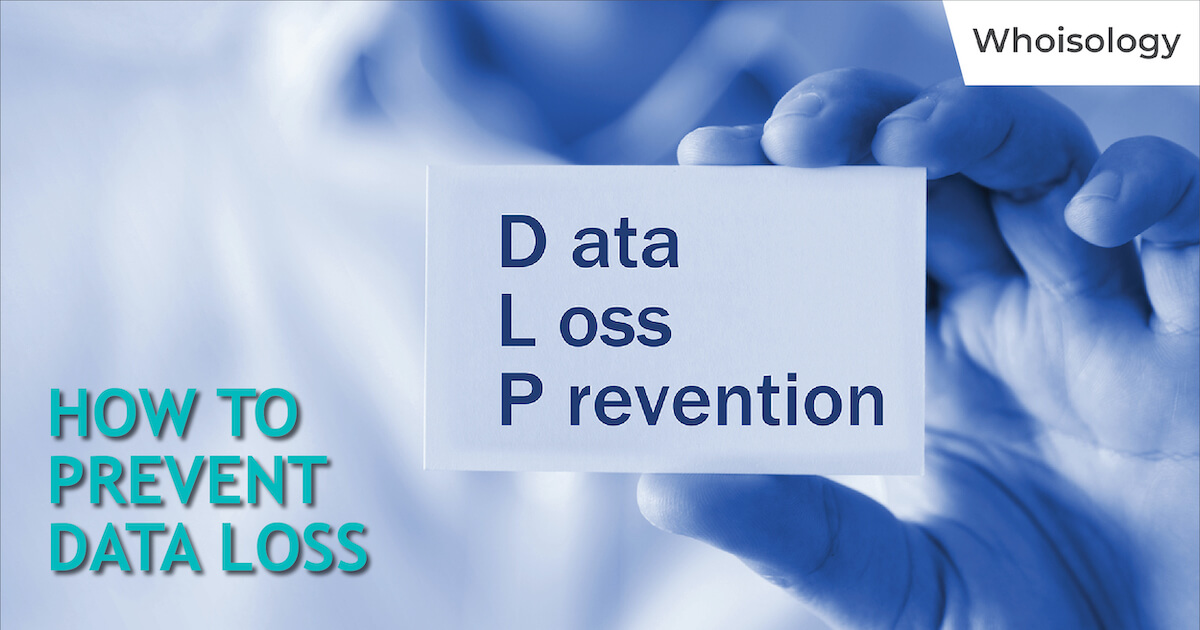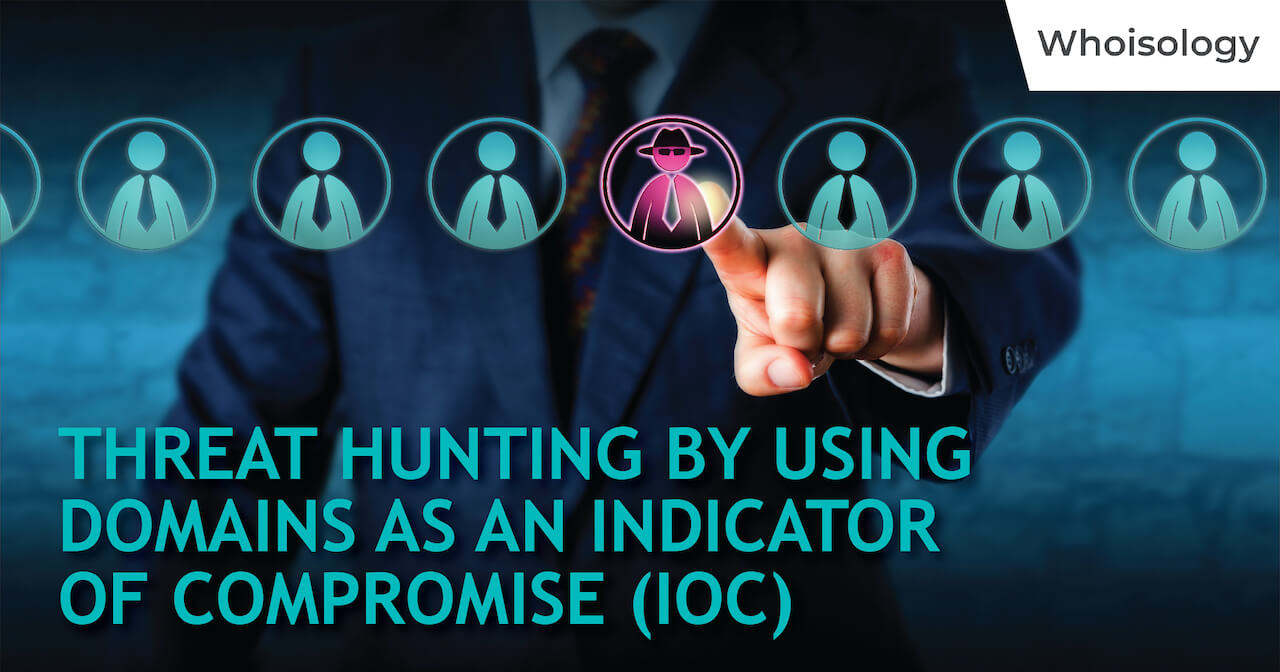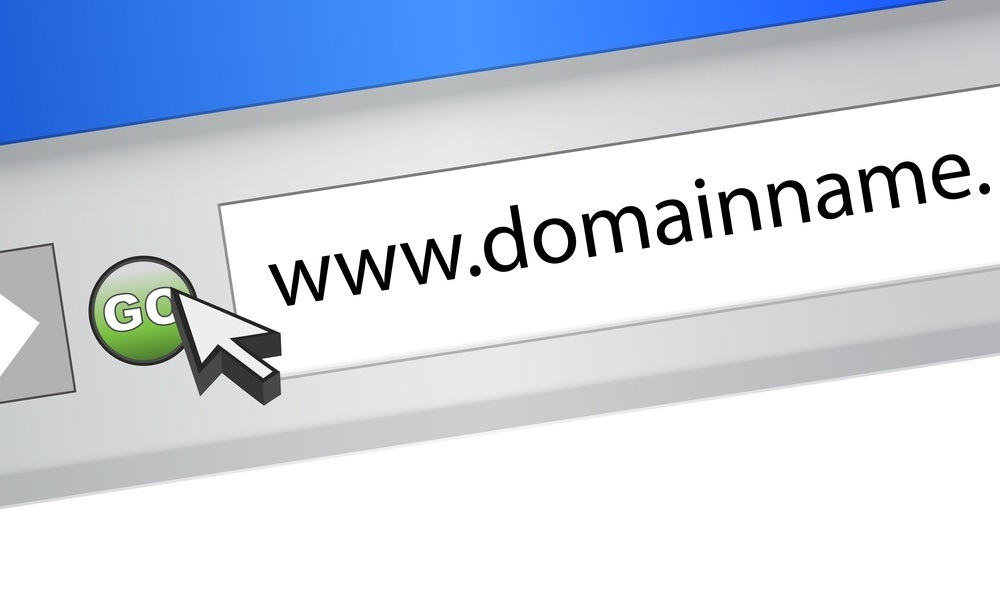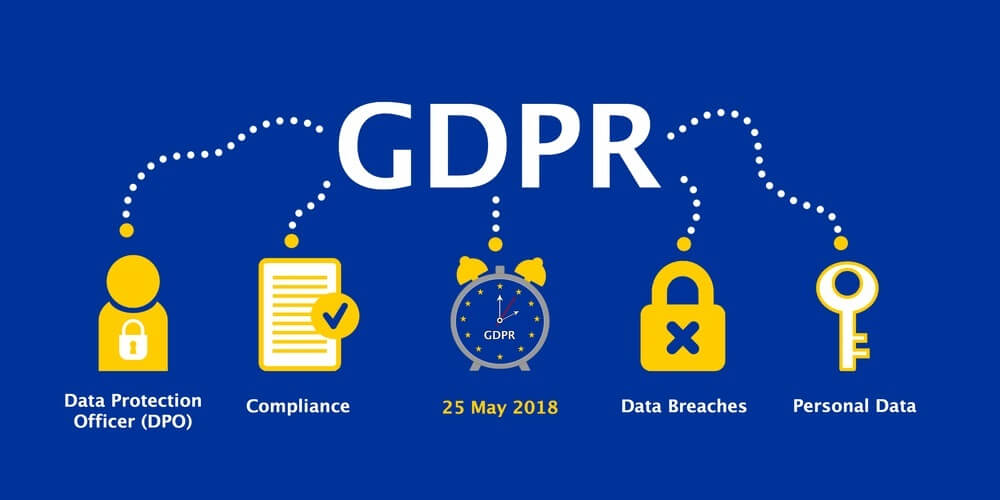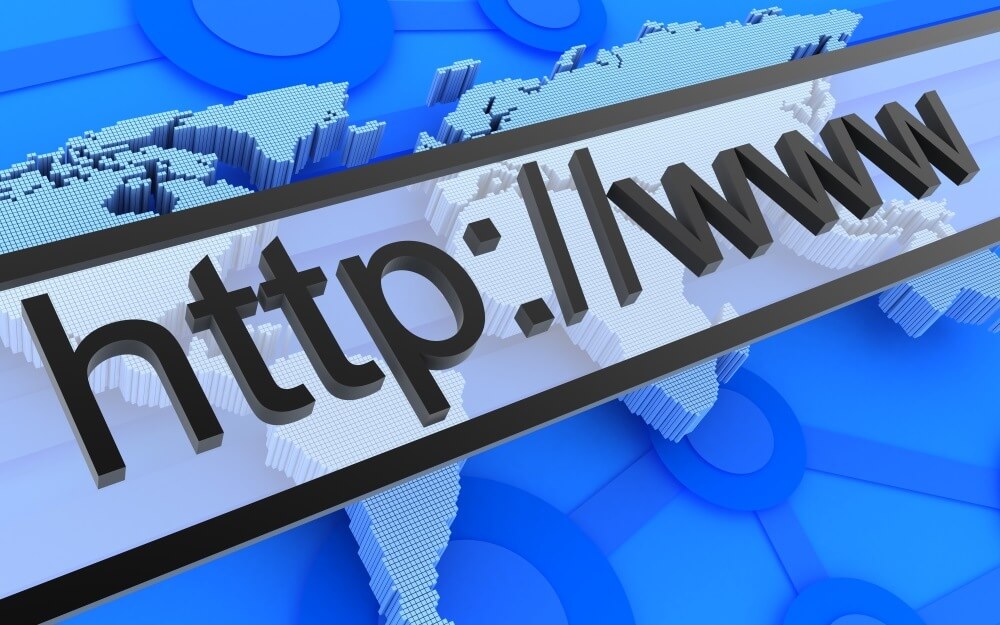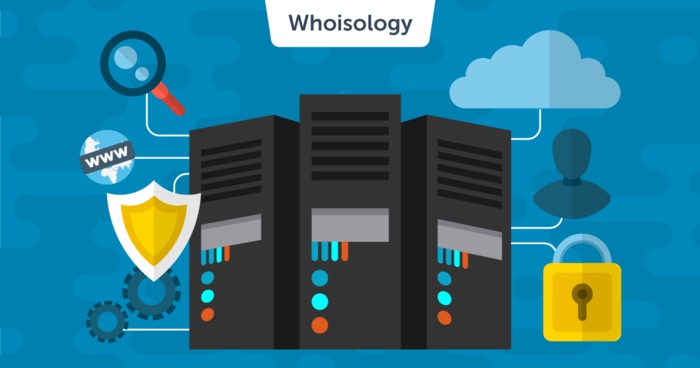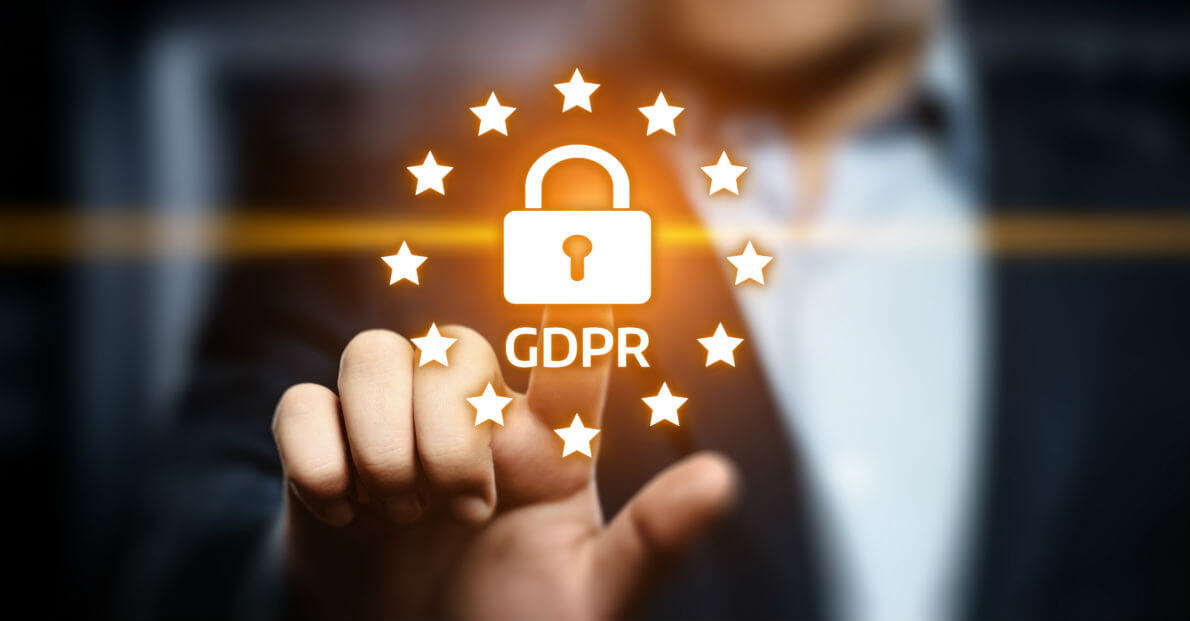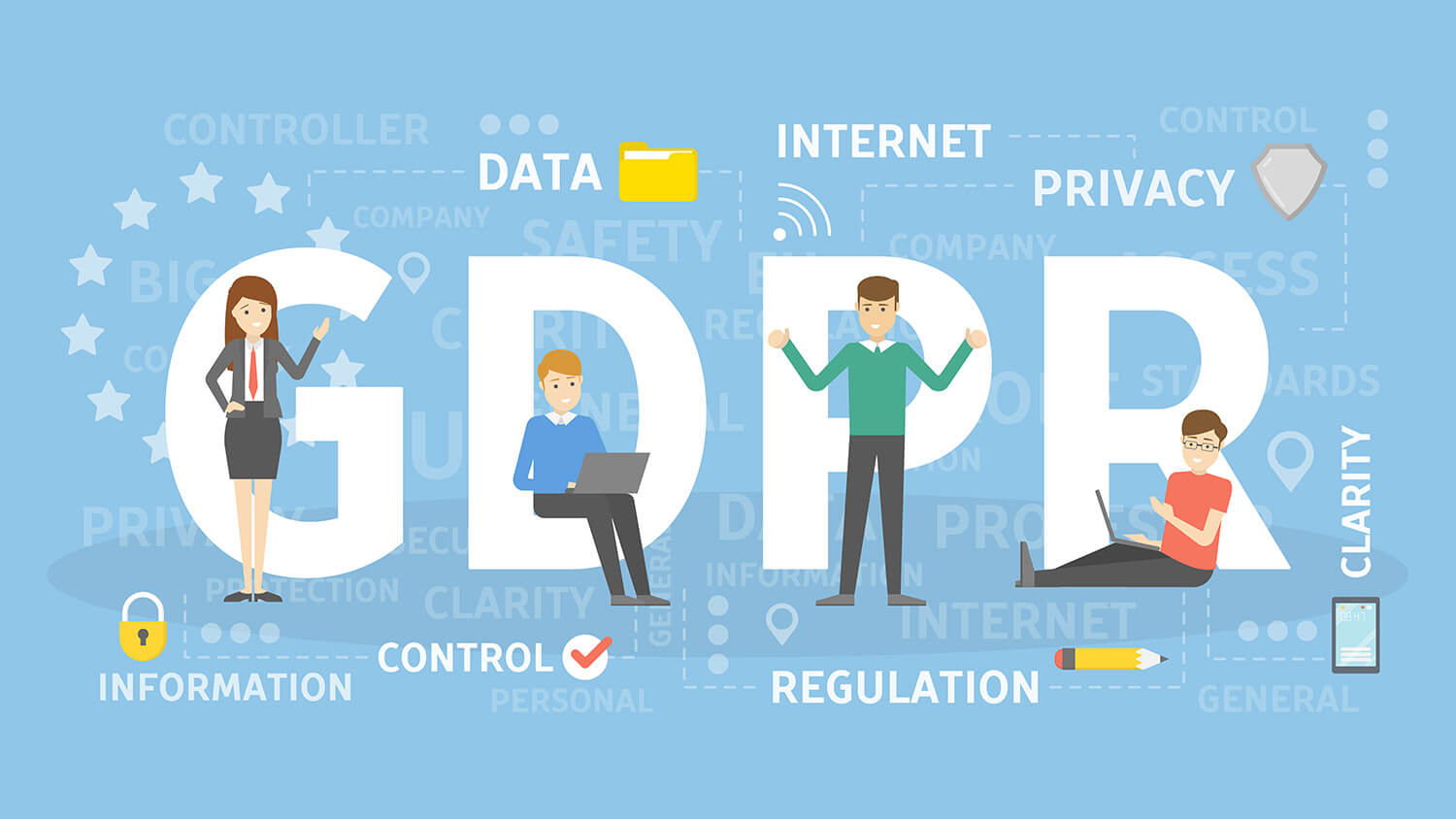The Art Of Gaining Business Intelligence For Brand Management
Posted on December 5, 2019
Many are of the view that WHOIS records could only be used in network security and for identifying hackers.
While it is indeed true that WHOIS records are extensively used in order to track and apprehend
cybercriminals, the use of WHOIS data is by no means limited to the sphere of cybersecurity.
In fact, in today’s rather disruptive business landscape, organizations are finding that WHOIS data can be of
immense help in multiple business functions. From marketing to law enforcement, various objectives can be
fulfilled by using WHOIS data as a fundamental basis of operations.
One of the many uses of WHOIS data that has come to the forefront of business application is its utility in
the field of Brand Management. Branding professionals are of the opinion that WHOIS data is of prime
importance in maintaining brand integrity and visibility of any business. But how exactly can WHOIS data
help with brand management? What are its uses, and how do they work together to protect the online (as well
as offline) identity of an organization? We are going to delve into all these questions in this article.
Let’s start at the beginning and first take a brief look at what brand management actually is.




